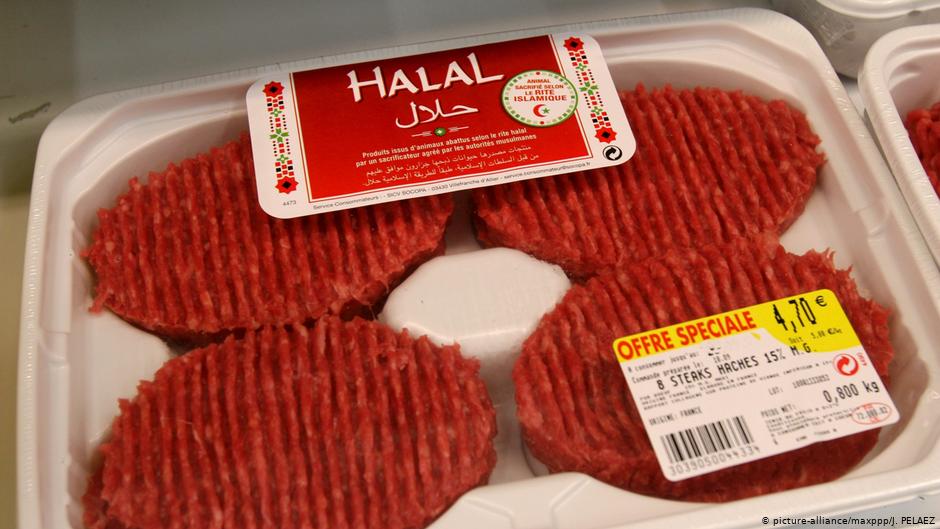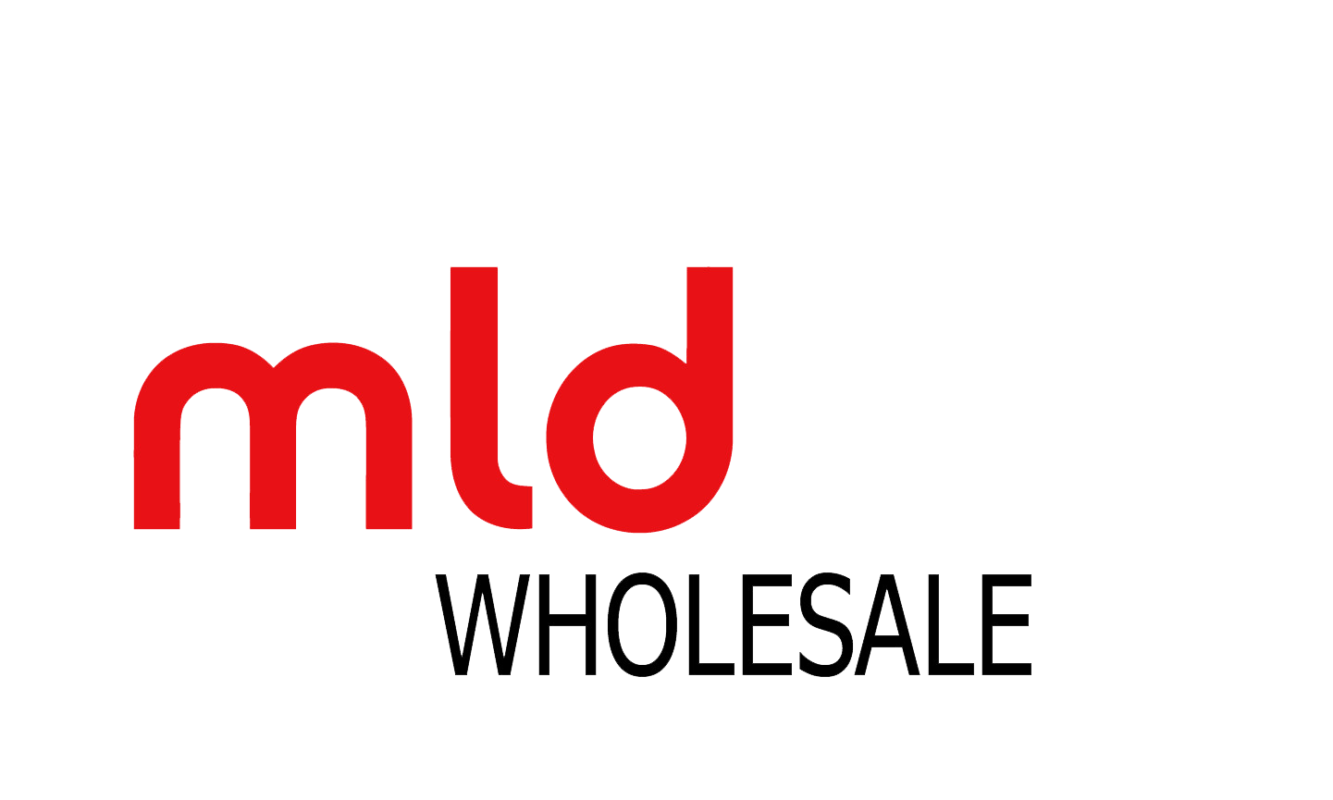In previous post, we know that Halal is an important certification to Muslism matkets. But, why it is so important. This article will let us know more and deeper about Halal.
“Halal” is an Arabic word meaning permitted, the opposite is “haram”, means unlawful or prohibited. These words are used in all kind of food, meat, cosmetic, personal care, pharmaceuticals, … Halal has its own rules for us to strictly follow.
Officially, Halal foods must:
- Free from any component that Muslims are prohibited from consuming according to Islamic law (Shariah).
- Processed, made, produced, manufactured and/or stored using utensils, equipment and/or machinery that have been cleansed according to Islamic law.

All foods are considered halal if they do not contain the following (which are haram):
- Alcoholic drinks and intoxicants
- Non-Halal Animal Fat
- Enzymes* (Microbial Enzymes are permissible)
- Gelatine* – from non-Halal source (fish gelatine is Halal)
- L-cysteine (if from human hair)
- Lard
- Lipase* (only animal lipase need be avoided)
- Non-Halal Animal Shortening
- Pork, Bacon / Ham and anything from pigs
- Unspecified Meat Broth
- Rennet* (All forms should be avoided except for plant / microbial /
- synthetic – rennet obtained from halal slaughtered animal is
- permissible).
- Stock* (a blend of mix species broth or meat stock)
- Tallow* (non-Halal species)
- Carnivorous animals, birds of prey and certain other animals
- Foods contaminated with any of the above products
(*May be consumed if derived from Halal animals.)
Halal or Haram
Foods containing ingredients such as gelatin, enzymes, emulsifiers, and flavours are questionable, because the origin of these ingredients is not known. In the meat and poultry food industry, animals such as cows, veal, lamb, sheep, goats, turkeys, chickens, ducks, game birds, bison, venison, etc, are considered halal, but they must be prepared according to Islamic laws in order for their meat to be suitable for consumption.
Fish and seafood (with the exception of crocodiles, alligators and frogs) are generally acceptable for Muslims but as always check first, as there may be a personal dietary preference or allergy. The preparation of the fish or seafood should not include alcohol (ie batter or wine, or anything considered haram).
In cases of necessity, prohibited things may become permissible (halal) for the duration of the emergency or need, as Islam puts a priority on life over death.

Islam places great emphasis in the way in which an animal’s life ends, which has to be in accordance with Islamic regulations. Life is a sacred blessing of God to creation, animals as well as humans. If the life of an animal has to be ended for human survival, then its life should only be taken in the name of God. Hence, the phrase bismillah (‘in the name of God’) must be uttered just before slaughtering an animal. Muslims cannot consume the meat of animals that are sacrificed in a name other than God. Any animal slaughtered in the name of a person alive or dead, any deity or idol will be considered as haram and therefore it is not permissible for Muslims to consume that meat.
Muslims are only allowed to eat meat that has been prepared according to Islamic law. This method is often challenged by animal rights activists as ‘causing unnecessary suffering to the animal’. Muslims disagree and say that Islamic law on killing animals is designed to reduce the pain and distress that the animal suffers. Halal has strict rules with regards to Islamic slaughter. These rules state:
- The slaughterer must be a sane adult Muslim.
- The slaughterer must say the name of God before making the cut.
- The name of God is said in order to emphasise the sanctity of life and that the animal is being killed for food with God’s consent.
- The animal must be killed by cutting the throat with one continuous motion of a sharp knife.
- The cut must sever at least three of the trachea, oesophagus, and the two blood vessels on either side of the throat.
- The spinal cord must not be cut.
- Animals must be well treated before being killed.
- Animals must not see other animals being killed.
- The knife must not be sharpened in the animal’s presence.
- The knife blade must be free of blemishes that might tear the wound.
- The animal must not be in an uncomfortable position.
- The animal must be allowed to bleed out and be completely dead before further processing.
Some experts say that the animal killed in this way does not suffer if the cut is made quickly and cleanly, because it loses consciousness before the brain can perceive any pain.
Conclusion
Islam is not only a religion it is a way of life with protocols, rules and manners governing every facet of life. Since food is an important part of daily life, food laws carry a special significance. Muslims are expected to eat for survival, to maintain good health and not to live for eating. In Islam, eating is considered to be a matter of worship of God like prayer, fasting, alms-giving and other religious activities.
